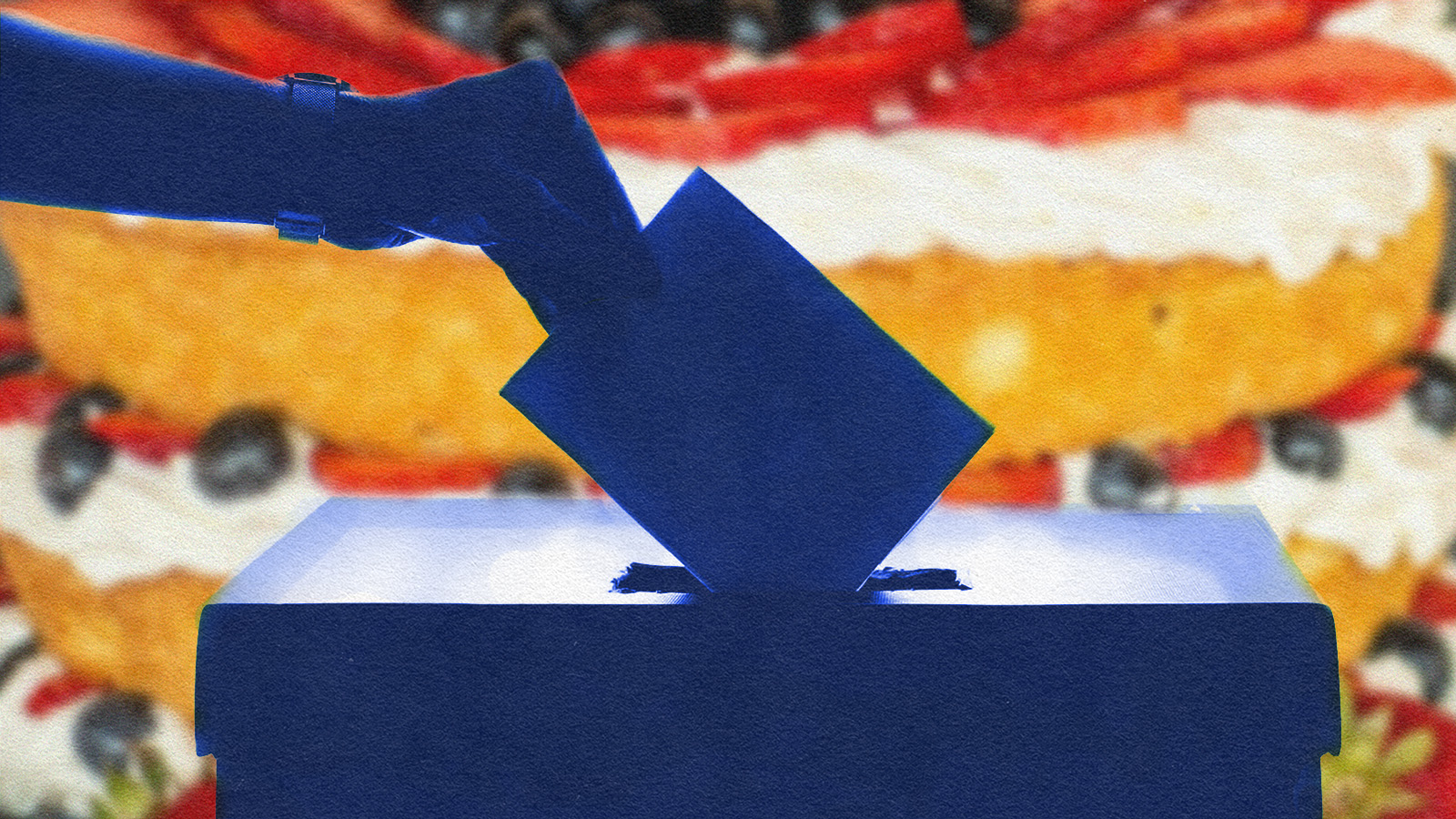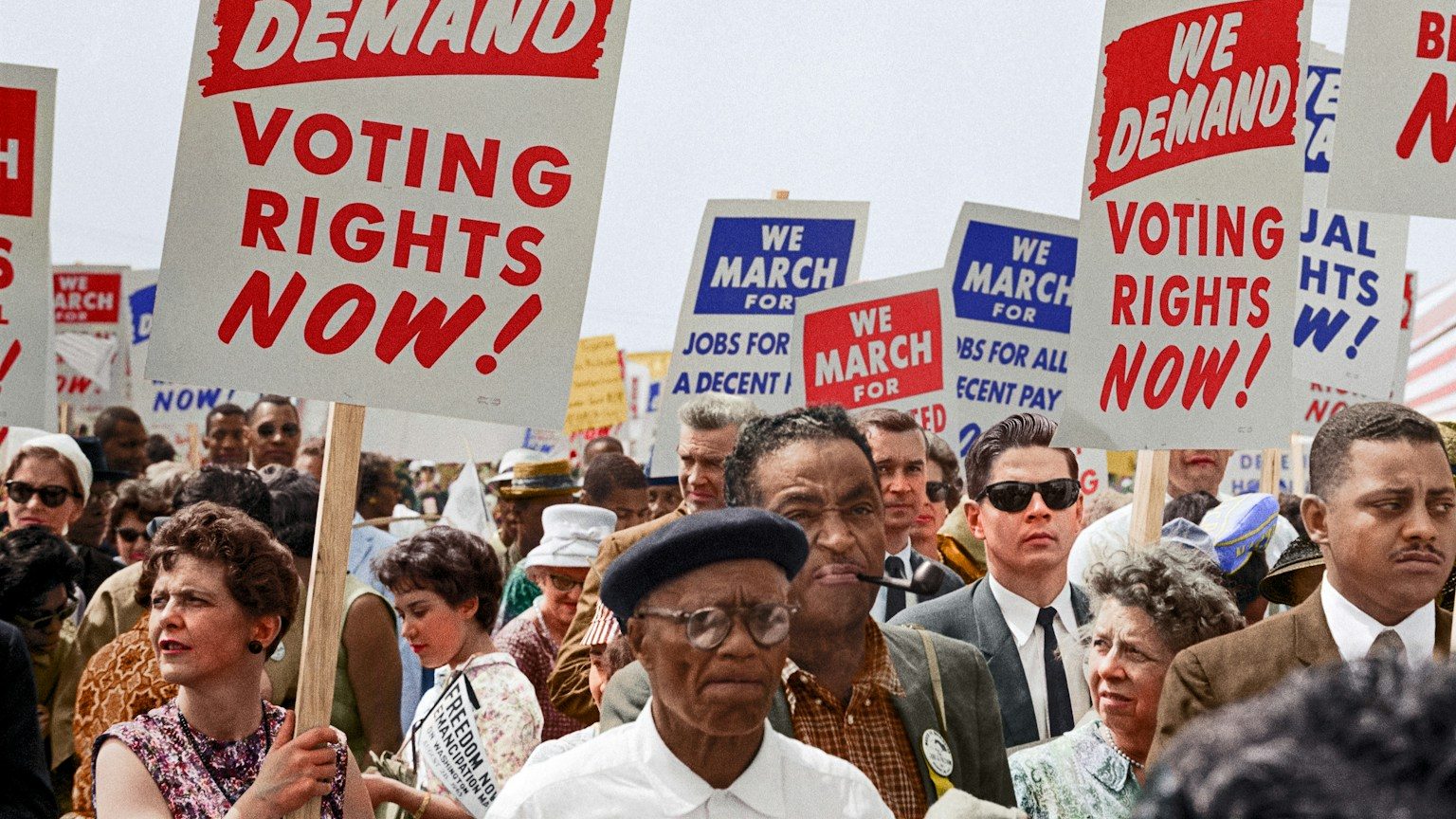The maxim “One Man, One Vote” is so enshrined in our understanding of democracy that its weaknesses are difficult to see. Yet weaknesses it has. Behavioral economist Dan Ariely claims that our tradition of voting needs a modern update, and he presents three distinct ideas for achieving a voting system that not only puts more democratic control into the hands of voters, but encourages turnout and educates the electorate along the way.
Given the acrimony of the most recent national election, coupled with low rates of voter turnout, the flaws of our electoral system have rarely been on greater display. Ariely argues that while electing a politician carriers with it some well known consequences, it frequently leaves people feeling disempowered. After all, no national election has ever been won by a single vote.
But imagine if you could directly determine the fate of five percent of your income tax. Would you choose for the government to spend it on education, or science and technology, or infrastructure projects? Ariely argues that giving people more authority in the ballot box is an experiment worth trying.
His other recommendations for voting experimentation are equally intriguing. It may be time to experiment with the American democracy in ways that haven’t been tried before, lest our institutions ossify.
Ariely’s newest book is Payoff: The Hidden Logic That Shapes Our Motivations.
Dan Ariely: So when we think about democracy I think there’s kind of a real interesting opportunity to think about what is participatory democracy in the modern connected world. And I think there’s all kind of versions that are much better than the vote every two-year kind of version that we have right now. For example there’s a lovely experiment that said what if people got to vote on where five percent of their income tax goes to. So you would get a list of all the things the government does, right. Which is actually already a good thing because people don’t know what the government does. At some point we went to the Chapel Hill Public Library and we asked people when was the last time you got a benefit from taxpayer’s money? People couldn’t remember when was the last time. And they were in a public library funded by taxpayer’s money. So, you know, we don’t really understand what the government does, what taxes go for. But if you’ve got a list of all the things the government does and you could decide five percent. You probably don’t want people to allocate all of their income tax because there’s some things that the government needs to worry about. But doing some kind of marginal contribution and thinking where we want to be I think would get people to be more involved, care more, look at waster. I think it would make government offices a bit more accountable. So that’s one version where I think we could get participatory democracy to be closer to what we want it to be.
And another kind of direction is to say why do we need to vote for one person, right. So imagine that we will have a voting procedure. You could say I want Dan then really to vote for me on any issues that has to do with education and health but not about I don’t know, space exploration and not about nuclear activities. Can you imagine all of society as a network of people and you can assign your vote not just to the representatives but you could assign your votes to other people in society. Or you could say you know what Dan, I trust you on those topics. You could vote for me and I could trust somebody else and so on. So we could create a network in which we trust different people for different subtopics and not have this idea that this one person who is representing us is the right person for all topics around. So that’s one. The other of course big issue – I don’t know if you saw this but we did a lot of studies about how people want society to be designed. So originally we did it for inequality, financial inequality but then we moved to other areas as well. But in the area of financial inequality we asked people first of all what they understand about the distribution of wealth in the U.S. So we said imagine if we took all the people in the U.S. from the poorest to the richest, we broke them into five buckets – the 20 percent richest, 20 percent less, less, less and the poorest. And we asked you from the 100 percent wealth total pie how much is allocated right now to each of those five buckets. And people think that the bottom two buckets, the bottom 40 percent of Americans own about 9 percent of the wealth. Where, in fact, they own about 0.3. And so this slope is what’s called the Gini coefficient, the rate of inequality people know the rich have a lot. People don’t understand. Americans don’t understand how little the poor have.
And then we also asked them what would you like society to be. And we used John Rawls, if you remember John Rawls had this interesting idea that he said a just society is a society that if you knew everything about it you would be willing to join in the random place. If you’re very rich you might want a society that treats the rich nice and the poor not so nice. If you’re very poor you might want the other way around. But if you don’t know where you’ll be, you’ll be allocated after the fact, you have to consider all perspectives. And they call this the veil of ignorance because you choose before you know where you’ll be. So we describe the veil of ignorance to lots of people and we say what kind of society would you like to create? And Americans created a society that is more equal than Sweden. Not perfectly equal. Nobody wants socialism but much more equal than in Sweden. And not only that, the difference between republicans and democrats were tiny. So, you know, republicans wanted slightly more inequality. Democrats wanted slightly more equality but it was a small difference compared to the gap between what we have and what people want. And that’s another way to think about democracy in the modern world. So you could say that we could vote on a topic. Like we could vote on whether we want Obama’s healthcare version. That’s one approach. But to vote on that as individual it’s way too complex. This plan is, I mean it includes so much we’re not going to be experts on it. We don’t have the time to really read the whatever, 7,000 pages of this plan.
What we could do is we could vote on our principles, on how we want society to be, right. Not about the concrete aspects but what are the guiding principles of a society. How much we care about quality and how much we care about access to health and not to vote on something concrete but to vote on it in terms of what are the principles we believe in and then it will be the job of the politicians to take our principles and translate them into policies. Think about something like investment. If you go to an investment professional to help you they don’t ask you what stocks you want to invest in. That’s their job. What they ask you is what kind of risk do you want to take? How much money do you want to give to charity? They ask you kind of the general principles about life and then they go ahead and figure how those principles are going to be played out in the details. And that’s another kind of I think interesting version to think about politics which you say we as citizens will never have the expertise to truly vote on everything. But we understand our own values and we can say what kind of society do we want to create and it will be the job of the politicians to take these values and translate them into specific instances and rules.







